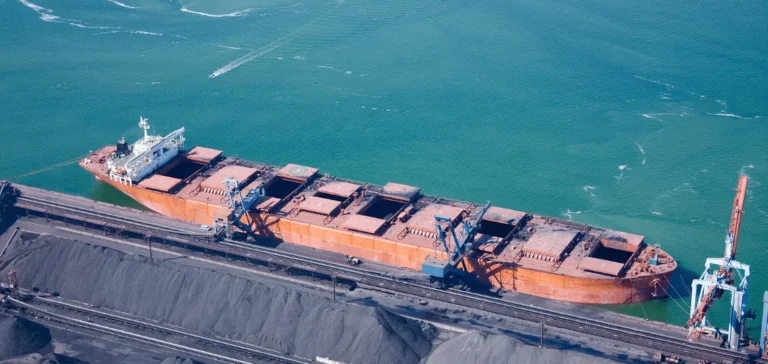Persistent delays at Australian coal ports have enabled Russia and Indonesia to strengthen their positions in the South Korean market. In August, the two countries accounted for nearly two-thirds of South Korea’s thermal coal imports, surpassing Australia’s long-standing dominance.
Russian and Indonesian volumes exceed Australian supply
Russia became South Korea’s leading coal exporter in August, shipping 3.76 million metric tonnes, a 54.6% year-on-year increase. Indonesia followed closely with 3.74 million metric tonnes, up 50.1% from the previous year. In comparison, Australian shipments dropped to 2.70 million metric tonnes, down 3.76% year on year and 26.76% from July.
Price competitiveness enhanced the appeal of Russian and Indonesian cargoes. In August, Russian coal landed at an average price of $89.03/tonne, while Indonesian shipments were lower at $68.95/tonne. Australian coal was delivered at a significantly higher $129.9/tonne.
Recurring logistical disruptions in Australia
South Korean imports of Australian coal had already declined between April and June, falling from 3.1 to 2.08 million metric tonnes. This drop was linked to port congestion in Australia, worsened by rains caused by Cyclone Alfred in late May.
A temporary rebound in July saw imports reach 3.7 million metric tonnes, but volumes fell again in August, down 26.7% month on month. Heavy rainfall affecting coastal regions in New South Wales during the first week of August disrupted loading operations.
Seasonal and technical factors sustain demand
South Korea’s demand for thermal coal remains strong due to electricity generation needs during peak summer. In August, total imports rose 6.45% year on year to 11.83 million metric tonnes. The temporary shutdown of the 950-megawatt Kori No. 4 nuclear reactor, following the expiry of its operating licence on August 6, further increased coal consumption.
High temperatures recorded in August across Northeast Asia are expected to persist into September, supporting ongoing demand. The regional benchmark price for thermal coal, based on the Platts NEAT index for 5,750 kcal/kg NAR coal delivered to Kinuura, Japan (CFR), averaged $92.93/tonne in August, down from $112.68/tonne a year earlier.






















